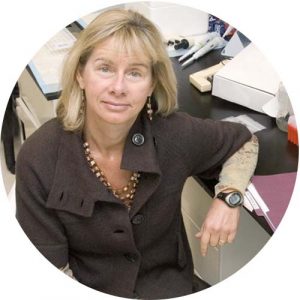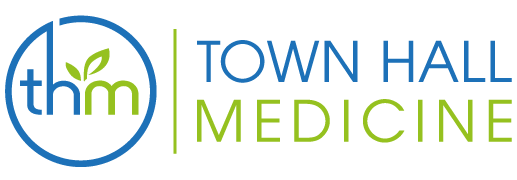Dr. Jayne Danska, PhD
The Hospital for Sick Children (SickKids)

My science motto is have a plan, work fearlessly and always be poised to find what you weren’t looking for.
Dr. Danska was raised in New York City, and educated in the United States at Kenyon College, Cornell University and Stanford University. She holds The Anne and Max Tanenbaum Chair in Molecular Medicine, is a Senior Scientist at the Hospital for Sick Children and a Professor in the Faculty of Medicine at University of Toronto with appointments in the Departments of Immunology, and Medical Biophysics.
Her research is focused on defining the mechanisms underlying immune system diseases and application of this knowledge to improve their diagnosis, prevention and treatment. Her lab works on the genetic and environmental causes of autoimmune disease, particularly Type 1 diabetes (T1D), the molecular mechanisms of acute lymphoid leukemia (ALL), and innate immune surveillance of leukemia and leukemia stem cells. She has lead multi-disciplinary projects applying genetic, genomic and immunological analysis in rodent models to identify T1D-risk genes and to determine how these variants control autoimmune pathogenesis.
An evolving focus is the roles of environmental factors in the rising rates of autoimmune diseases, specifically the role of the intestinal microbiome in modifying inherited risk of autoimmunity in rodent models and in longitudinal studies in children with high genetic risk for autoimmunity. This work is also investigating the impact of sex as a key determinant of autoimmune diseases, many of which are far more prevalent in females. Dr. Danska and her collaborators discovered a signaling pathway in macrophages pivotal to the survival of human hematopoietic stem cells and acute myeloid leukemia stem cells that sustain leukemic growth. They have developed a biologic therapy to manipulate this axis to impair the survival of leukemia and other blood cell cancers that is now in clinical trials.
Dr. Danska has an active training program within her research group and supervises post-doctoral fellows, graduate students and technologists. She has chaired and served on grant panels at the Canadian Institutes of Health Research, the Canadian Diabetes Association, the Canadian Cancer Society and the National Institutes of Health (U.S.), and serves as a Scientific Advisor of The Centre for Applied Genomics at SickKids. She was recently appointed as a Chair, College of Reviewers of the Canadian Institutes of Health Research.
Additional Reading
Markle, J., Frank, D., Mortin-Toth, S., Robertson, C., Feazel, L., Rolle-Kampczyk, U., von Bergen, M., McCoy, K., Macpherson, A. and Danska, J. (2013). Sex Differences in the Gut Microbiome Drive Hormone-Dependent Regulation of Autoimmunity. Science, 339(6123), pp.1084-1088.
Paun, A. & Danska, J. (2016). Modulation of type 1 and type 2 diabetes risk by the intestinal microbiome. Pediatric Diabetes, 17(7), pp.469-477.
Paun, A., Yau, C. and Danska, J. (2017). The Influence of the Microbiome on Type 1 Diabetes. The Journal of Immunology, 198(2), pp.590-595.
Perova, T., Grandal, I., Nutter, L., Papp, E., Matei, I., Beyene, J., Kowalski, P., Hitzler, J., Minden, M., Guidos, C. and Danska, J. (2014). Therapeutic Potential of Spleen Tyrosine Kinase Inhibition for Treating High-Risk Precursor B Cell Acute Lymphoblastic Leukemia. Science Translational Medicine, 6(236), pp.236ra62-236ra62.
Featured in

Exploring the Rise in Auto-Immune Diseases
Dr. Jayne Danska, PhD
Could the microbiome and microbe metabolites (small molecules produced by bacteria that are able to communicate with our cells) be an early predictor of type 1 diabetes? One researcher is exploring the relationship between genetics, the microbiome, the environment and type 1 diabetes.
Duration: 24m43s



